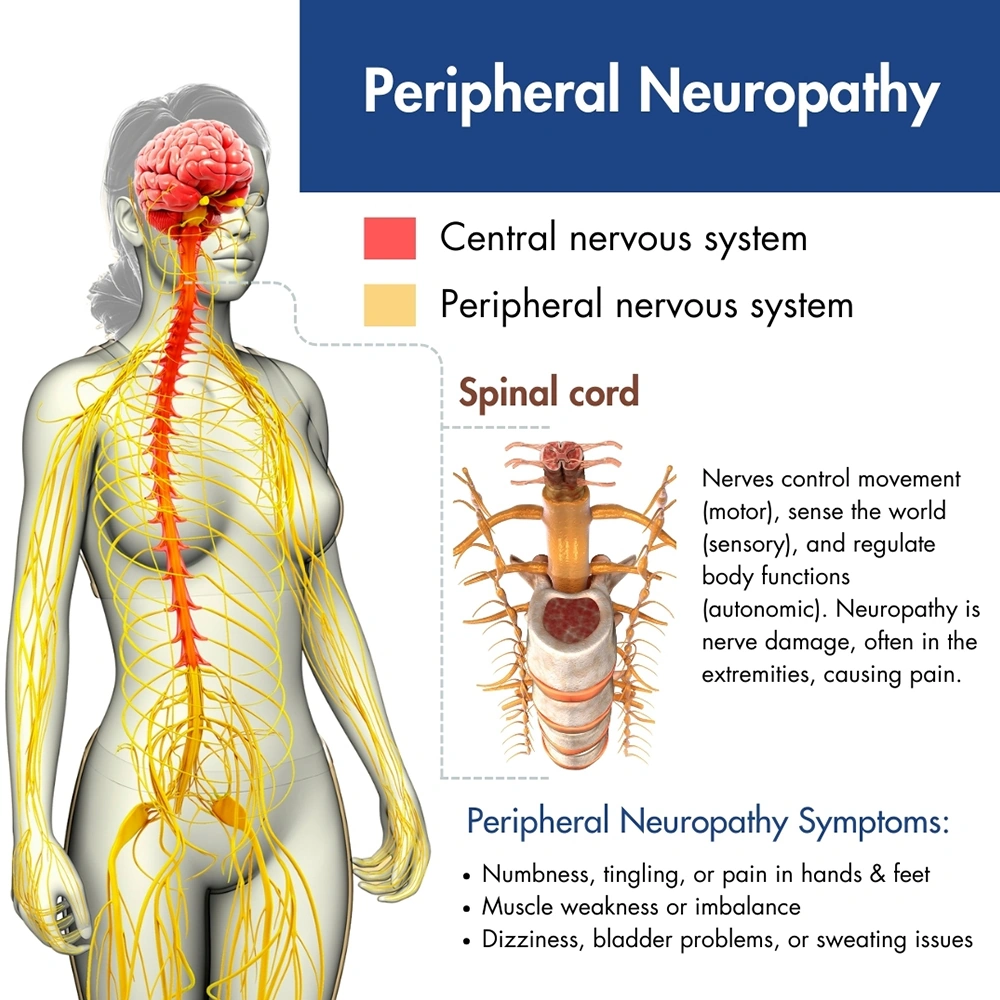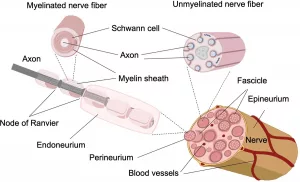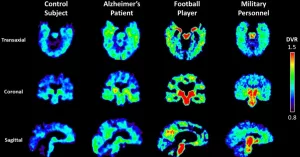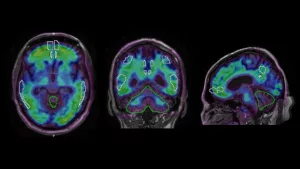
When Nerves Let You Down
You know that feeling when your foot “falls asleep” in the middle of a movie marathon? Annoying, but you wiggle it and—bam!—everything goes back to normal soon enough. But what if that tingle, numbness, or weakness… just doesn’t go away? It’s scary. And if you’ve Googled once or twice at 2am, you might have run into a looming question: Can you become paralyzed from peripheral neuropathy?
If you’re here, chances are you—or someone you love—is wrestling with weird nerve sensations, muscle weakness, or those unpredictable jolts of pain shooting through hands or feet. Maybe it’s a chronic thing. Or maybe it’s new and you’re starting to worry. I’ve been there (both for myself and alongside family). Let’s dig in together: what’s real, what’s not, and most importantly—what can you actually do about it?
What’s Really Happening: The Nerve Drama Unfolds
Why Are My Nerves Acting Out (And Who’s to Blame)?
First off: peripheral neuropathy is just a fancy name for nerve damage outside the brain and spinal cord. But hey, that “peripheral” network? It’s actually doing all the heavy lifting when it comes to touch, pain, muscle movement… even the weird stuff like sweat or digestion. There are loads of potential causes, from diabetes (the big one!) to vitamin deficiencies, injuries, infections, or even things you don’t think about—like your favorite hobby or a repetitive job.
Think of your nerves as a nationwide train system: if weather knocks out a few lines, the rest try to pick up the slack, but you’ll feel it in delays and weird reroutes. Sometimes it’s a gradual traffic slowdown (slowly progressive), and other times it feels like the conductor went AWOL overnight (sudden and scary) according to Lehigh Valley Health Network.
Wait… How Bad CAN It Get?
Okay, this is where the gut-check happens. Yes: peripheral neuropathy can—rarely—lead to something like paralysis, especially if your motor nerves take a major hit. More commonly, you’ll see muscle weakness, “foot drop,” or clumsy hands that just can’t grip. Sometimes you’re fine in the morning but dragging one leg by dinnertime. Sound familiar?
But here’s the un-glossy, real truth: full-body, no-movement-ever-again paralysis is not usually how neuropathy plays out. It isn’t like a spinal cord injury or a massive stroke in how it shuts things down. Still, the “paralyzed feeling”—a limb that just won’t cooperate, or legs that buckle out of nowhere—can be absolutely real and, honestly, pretty isolating. You’re not imagining it. And you’re not alone. According to research on Mayo Clinic’s overview of neuropathy, motor nerve damage can lead to loss of muscle control so severe it mimics paralysis, but this is rare and treatable in many cases.
Small Story Time
A friend of mine—let’s call him Dave—used to run half-marathons. Then he slowly started tripping over nothing, trailed by a mild burning in his feet. He chalked it up to old sneakers and ignored it. It got worse. Eventually, his right foot was dragging behind, and walking across a room felt like a marathon. Turns out, it was diabetic neuropathy. The kicker? Once he worked with his doctor and made changes (plus a zillion rounds of PT), he got his stride back. Not perfect—no marathons now—but not paralyzed either.
What Paralysis Looks Like (Or Doesn’t)
Is Neuropathy the Same As Paralysis?
This is important: paralysis, in the Hollywood sense, means total loss of movement. You want to move your leg—it just won’t budge, no matter what. Peripheral neuropathy might make a muscle group “go dark” (especially in severe cases), but it’s more about weakness, clumsiness, or loss of precision than full-on shut down according to neurology specialists.
The exceptions? Acute autoimmune attacks like Guillain-Barré can temporarily “paralyze” folks—and that’s super intense, but also uncommon. For most of us, neuropathy is frustrating, embarrassing, limiting… but not an instant ticket to a wheelchair.
Why “Mimics” Matter
This isn’t a technical quiz, but knowing the difference can unlock the right kind of hope. Weakness, stumbling, or “dead” feeling limbs usually mean the nerves are struggling to deliver those brain-to-muscle signals—kind of like static on your favorite radio station. Sometimes muscles waste away (atrophy) or reflexes get so bad even the doctor’s tiny hammer gets nothing. Can you become paralyzed from peripheral neuropathy? Technically, yes, in severe and untended cases—but that’s rare and FAR more likely to be partial or temporary if you act early. More often, you get scary symptoms, not permanent loss.
Everyday Red Flags That Worry Us
| What You Notice | What’s Happening | How Scary Is It? |
|---|---|---|
| Can’t pick up feet, trip a lot | Motor nerves weakening—possible “foot drop” | Concerning, but not final |
| Hands feel clumsy, drop mugs | Fine-motor skills on the fritz | Annoying, fixable with therapy |
| One side won’t move after infection | Rare—immune attack or GBS? | See a doc—stat! |
| Lingering numbness and weakness | Nerves screaming for help | Act fast; don’t ignore it |
Other Scary Questions You’re Probably
Can You Die from Peripheral Neuropathy?
This question comes up a LOT (and hey, who wouldn’t panic when your body’s acting weird). The honest answer? Every case is different, but peripheral neuropathy is rarely deadly by itself. Complications—like falling due to numb feet, infections from unnoticed injuries, or problems with heart rate and digestion—are the real danger zones. Want a deeper dive? Read more at Can you die from peripheral neuropathy.
Can You Make It Stop?
Can you reverse it, or at least slow it down? Sometimes, yes! If you catch it early and treat the underlying cause—like getting diabetes under control, or fixing low vitamin B12 levels—you can stop further nerve damage. For some lucky folks, symptoms fade. For others, it’s more about fighting back with lifestyle and rehab. That sounds overwhelming, but I’ve seen so many people gain strength, balance, and confidence with a great PT or the right plan. Honest truth? The sooner you start, the better.
Fighting Back: What You Can (Gently) Do
Let’s Talk Solutions
Okay, what can you actually do today? First—don’t wait. That walk across the kitchen that used to be easy but now feels epic? Don’t chalk it up to “just getting older.” Early action makes a massive difference (not just for you—your family will thank you, trust me!).
A lot of folks find that combining a good doctor, health habits, and targeted self-care makes neuropathy way less scary. And hey, if your main complaint is those awkward, slow legs or clumsy feet, check out treatment for neuropathy in legs and feet. There’s an impressive variety of simple tricks and evidence-based therapies out there.
How People Really Cope: Grit + Guts
Let me tell you about Kendra—a reader who emailed me last month. She’d started yoga because all the other workouts were too rough, and at first she couldn’t stand straight on her tiptoes. Three months later (and a lot of patience later), she was balancing on one leg without keeling over. Her nerve pain isn’t gone, but she’s braver, stronger, and definitely not paralyzed.
Your “Not Paralyzed” Action Plan
| Quick Win | Why It Helps | Still Skeptical? |
|---|---|---|
| Short daily walks | Keeps muscles and nerves “in the game” | A neighbor of mine started with 5 minutes. She’s up to 30! |
| Vitamin boost | Tackles hidden causes, like B12 problems | One reader’s leg tingles faded after supplementing—ask your doc first, though. |
| Weekly PT/OT | Retrains muscles, fights foot drop | Feels boring, but friends swear by it for real results. |
| Better shoes/insoles | Stabilizes gait, lessens falls | Seriously—don’t suffer in ugly shoes; comfy ones rule. |
Bonus: New gadgets and shoes made just for nerve-weak feet can be total game changers. No, you won’t look like a dork. Check out treatment for neuropathy in legs and feet if you want to see what’s out there.
Real Talk: When to Worry, When to Hope
The “See a Doc Yesterday” List
Some warning signs shouldn’t wait. If you wake up and can’t move a limb, you’re losing control of your bladder/bowels, or pain comes out of nowhere after an illness—don’t Google, just go. That could mean something acute like Guillain-Barré, which is treatable but needs fast action.
Otherwise, most neuropathy builds up slowly. You might not even realize the decline until someone comments: “Why are you limping?” It’s not your fault. But you can absolutely take charge of the next step.
If you want more details, take a scroll through the Mayo Clinic’s advice on recognizing troublesome symptoms right here.
Don’t Forget: Life Isn’t Over
Don’t let a scary search result or late-night panic make it seem like you’re doomed. Yes, your nerves might betray you a little—maybe a lot, some days. But with support, medication tweaks, physical therapy, and maybe a new appreciation for goofy socks and good shoes, you’re in charge.
Think of all the ways people bounce back from setbacks—life after knee surgery, post-baby bodies, old ankle sprains. Neuropathy is just one more foe to outsmart and out-stubborn.
Final Thoughts: Moving Forward, Not Frozen
You wanted the truth. Here it is: Can you become paralyzed from peripheral neuropathy? It’s possible, but it’s rare—especially if you’re watching for early warning signs and not toughing it out alone. More folks experience weakness, clumsiness, or awkwardness than actual, textbook paralysis. And even if things get bad, there’s so much you can do (and a whole lot of science ready to help you).
If you’re dealing with the stress, reach out: ask your doctor, book the PT session, talk to a friend who “gets it.” Try that 10-minute walk. Upgrade your shoes. Bookmark treatment for neuropathy in legs and feet for next time your toes tingle and you need a plan that won’t scare you silly.
Every story is different, but here’s your gentle nudge to keep asking questions, keep moving, and—whenever you wobble—remember it’s okay to rest, regroup, and try again. You’re not alone, and you’re definitely not powerless. What small step can you take today to outsmart those nerves? Go ahead… I’ll be cheering you on.

























Leave a Reply
You must be logged in to post a comment.